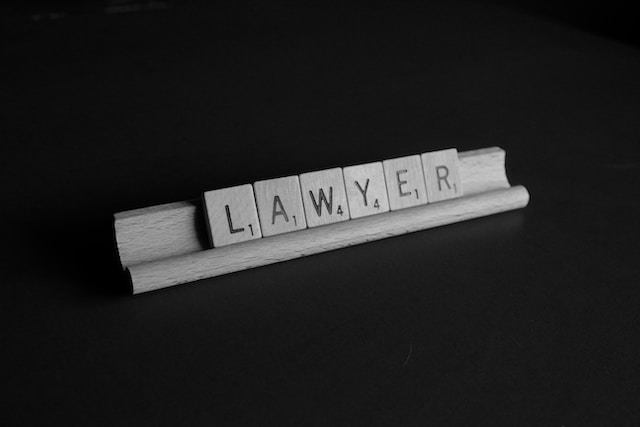Navigating Legal Waters: A Comprehensive Guide to Disability Lawyers

Disability lawyers play a crucial role in navigating the complex legal landscape surrounding disability rights. These specialized lawyers advocate for the rights of individuals with disabilities, ensuring they receive the benefits, accommodations, and protections they deserve under the law. This guide provides a comprehensive overview of disability lawyers, their roles, services, and how to find the right one for your needs.
Understanding Disability Law
Disability law is a complex and ever-evolving field encompassing a wide range of legal issues, including:
- Social Security Disability Benefits (SSDI & SSI): Disability lawyers assist individuals in applying for and obtaining Social Security Disability benefits, a critical source of financial support for those unable to work due to their disability.
- Americans with Disabilities Act (ADA) Compliance: They work to ensure that businesses, organizations, and public spaces comply with the ADA, which prohibits discrimination against individuals with disabilities in areas like employment, housing, transportation, and public accommodations.
- Education Law: Disability lawyers protect the rights of students with disabilities to receive a free and appropriate public education (FAPE) in accordance with the Individuals with Disabilities Education Act (IDEA). This involves advocating for necessary accommodations, Individualized Education Programs (IEPs), and resolving disputes with school districts.
- Employment Discrimination: These lawyers represent individuals facing workplace discrimination based on their disability, including wrongful termination, denial of reasonable accommodations, and hostile work environments.
- Medicaid Planning and Guardianship: Disability lawyers help individuals with disabilities and their families with Medicaid planning, estate planning, and guardianship issues, ensuring financial security and legal protection.

The Role of a Disability Lawyer
-
Expert Knowledge: Disability lawyers possess specialized knowledge of disability laws, regulations, and legal precedents, navigating complex legal processes with expertise.
-
Advocacy and Representation: They act as strong advocates for their clients, representing their interests throughout legal proceedings, negotiations, and administrative hearings.
-
Case Building: Disability lawyers gather and present evidence to support their clients’ cases, including medical records, witness testimonies, and documentation of discrimination or denial of benefits.

-
Communication and Guidance: They effectively communicate complex legal information to their clients, ensuring they understand their rights, options, and the legal process.
-
Negotiation and Settlement: Disability lawyers actively negotiate with insurance companies, employers, and government agencies to reach favorable settlements for their clients.

Finding the Right Disability Lawyer
- Referrals: Seek referrals from friends, family, advocacy groups, or other professionals who have experience working with disability lawyers.
- Online Resources: Utilize online directories like the National Disability Rights Network (NDRN) or the American Bar Association (ABA) to find lawyers in your area specializing in disability law.
- Consultation: Schedule consultations with several disability lawyers to discuss your specific needs, understand their experience, and assess their communication style.
- Experience and Specialization: Inquire about the lawyer’s experience handling cases similar to yours and their specific expertise in areas like Social Security Disability, ADA compliance, or education law.
- Fees and Payment Options: Discuss the lawyer’s fee structure, payment options, and any potential expenses associated with your case.
Working with a Disability Lawyer:
- Open Communication: Maintain open and honest communication with your lawyer, providing them with all relevant information and promptly responding to their requests.
- Organize Documents: Gather and organize all necessary documents related to your disability, including medical records, income statements, and any correspondence with government agencies or employers.
- Follow Instructions: Adhere to your lawyer’s instructions and guidance throughout the legal process, attending appointments, submitting documentation, and preparing for hearings or trials.
- Be Patient: Disability legal processes can be lengthy and complex. Be patient and persistent, understanding that securing your rights and benefits may take time.
Final Thoughts:
Disability lawyers are essential allies for individuals seeking to protect their rights and access the benefits they deserve. Their expertise, advocacy, and understanding of the legal landscape can make a significant difference in navigating the often-complex world of disability law.
Remember, securing the best possible outcome for your legal case requires a strong partnership with a dedicated disability lawyer.
